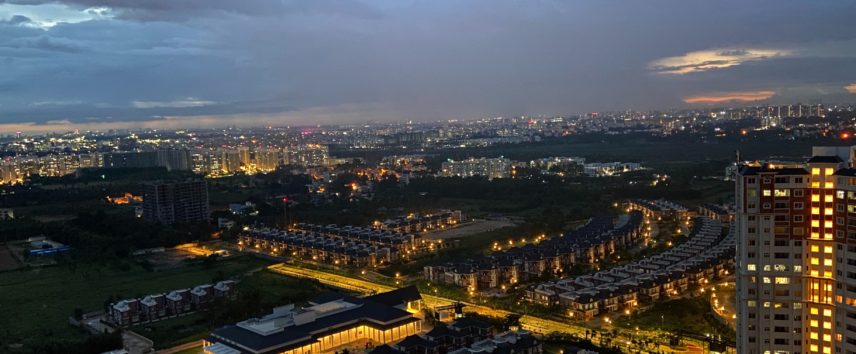Trending Now
- “I will soon make an announcement regarding a statewide tour across Tamil Nadu.” – O. Panneerselvam.
- Vatsala, Asia’s oldest elephant, has passed away at Panna Tiger Reserve; social activists mourn the death of this elephant, which lived for over 100 years.
- “The U.S. Govt earned ₹8 lakh crore this year through increased tariffs on foreign goods.” – U.S President Donald Trump.
- World No.1 Aryna Sabalenka has advanced to the semifinals in the Women’s Singles category at Wimbledon Tennis.
Columns
Award protest: Some uncomfortable questions for writers
![]() October 27, 2015
October 27, 2015
The returning of the awards by many Indian writers has been commendable and it has succeeded in shaming the government both nationally and internationally for not controlling the fringe elements that have gone berserk across states. However, it is equally important to ask some uncomfortable questions of these writers, the many hundreds more who won awards of all kinds and have not bothered to return them and, most importantly, of ourselves.
Writers often bemoan how little space they are given in the political and social imaginations. However, the question to ask is: why are writers so irrelevant? Is it because they do not participate in the political and the social to the extent that they should? Writers often claim that their job is simply to write and it is not incumbent on them to be political. This is incredibly naive as whether one likes it or not one is in the political. In any case, why complain about your irrelevance when you refuse to engage?
Similarly, is it the writer’s responsibility to be independent of state patronage? Once again, writers often respond that they are responsible only to their writing and nothing else. If that is the case, why accept state patronage? Why did these writers accept these awards in the first place when the Indian state has been obnoxious pretty much through its existence and one can cite any number of excesses in the past (The opposition has predictably been citing the Emergency and the 1984 anti-Sikh riots, both under Congress regimes) and the present that would demand an ethical refusal of such awards not the returning of them.
Writers often complain that they make little or no money. The fact that many writers, especially in the regional languages, hardly make any money through writing and often have to self-publish and keep other jobs to survive. This makes the return of an award and a cash prize from one of the few sources that recognises them that much more respect-worthy. However, why don’t writers return awards to the corporations that brutally exploit and kill labour and tribal populations? What is the ethics of the writer who attends lit fests sponsored by these deeply exploitative corporations that kill people? Practically most writers in English and the regional languages attend these without any scruple. Why do scruples only emerge in relation to the state?
In the popular imagination, the writer must be above and beyond money. But only the very rich and the very privileged writer can afford that. Isn’t the writer’s responsibility, if they insist upon the autonomy of the writer, to create resources for writers, to maintain an independent space of culture? What have these writers been doing over the decades to fight for that space?
If writers have no issues in creating that space with the help of state or corporate patronage, is the engagement with the state and corporations limited to accepting and, under some circumstances, returning awards, attending lavish festivals and getting trips abroad? How does one ensure the autonomy of cultural space?
The fault, at the end of the day, lies with us, the public sphere that reads and writes and engages with the arts. We have watched as our journalism, the supposed fourth pillar of democracy, has been eaten away and destroyed by corporations. We see the figure of the writer or the artist of any kind with a mixture of romantic nonsense and begrudging disdain. Instead, we ought to see the writer or any artist as a political figure and assess them for how they respond to and participate in the zeitgeist.
For that we need to participate in the zeitgeist ourselves. The Hindu Right, whatever else, participates fully in the moment, however bullishly. On that they cannot be faulted. It is the rest of us who sit quietly on the sidelines watching as Muslims are lynched, Dalits are murdered and tribals are systematically exterminated. We cannot leave the responsibility to engage with a handful of writers. We have to fight to create a public sphere that shows that we do not accept a culture of violence and intolerance.
We have to hold our writers as much as ourselves accountable for the mess we are in.
Ashley Tellis
Disclaimer:The views expressed above are the author’s own






















